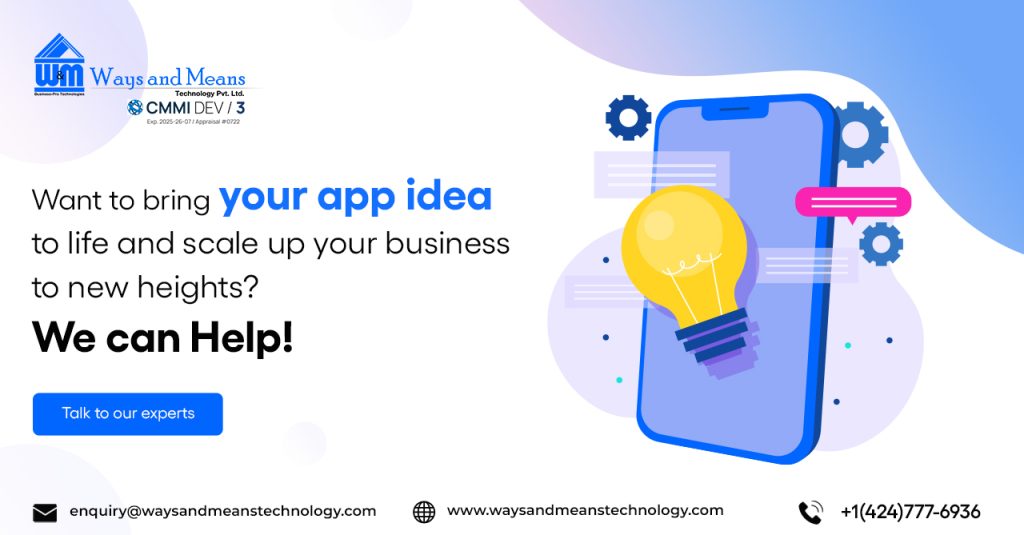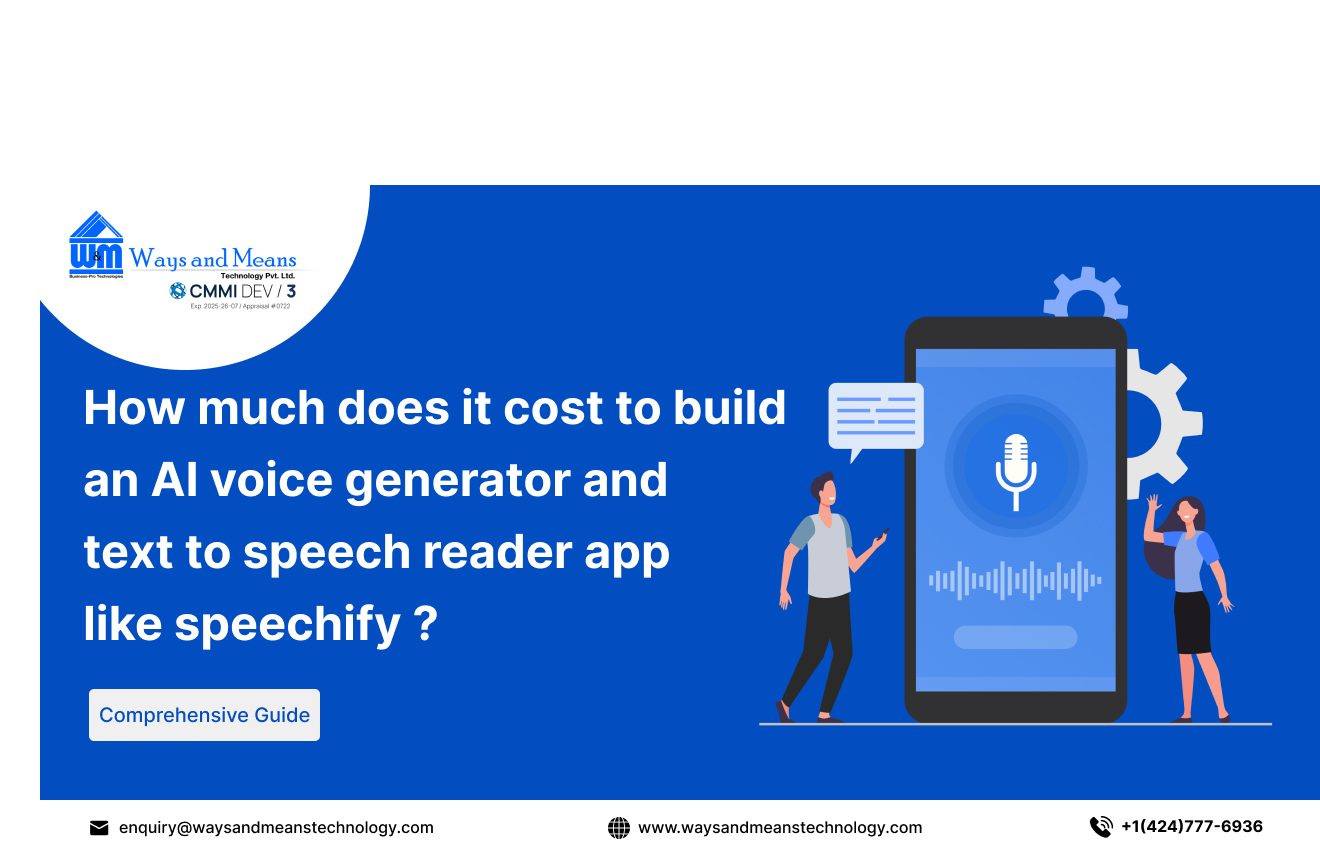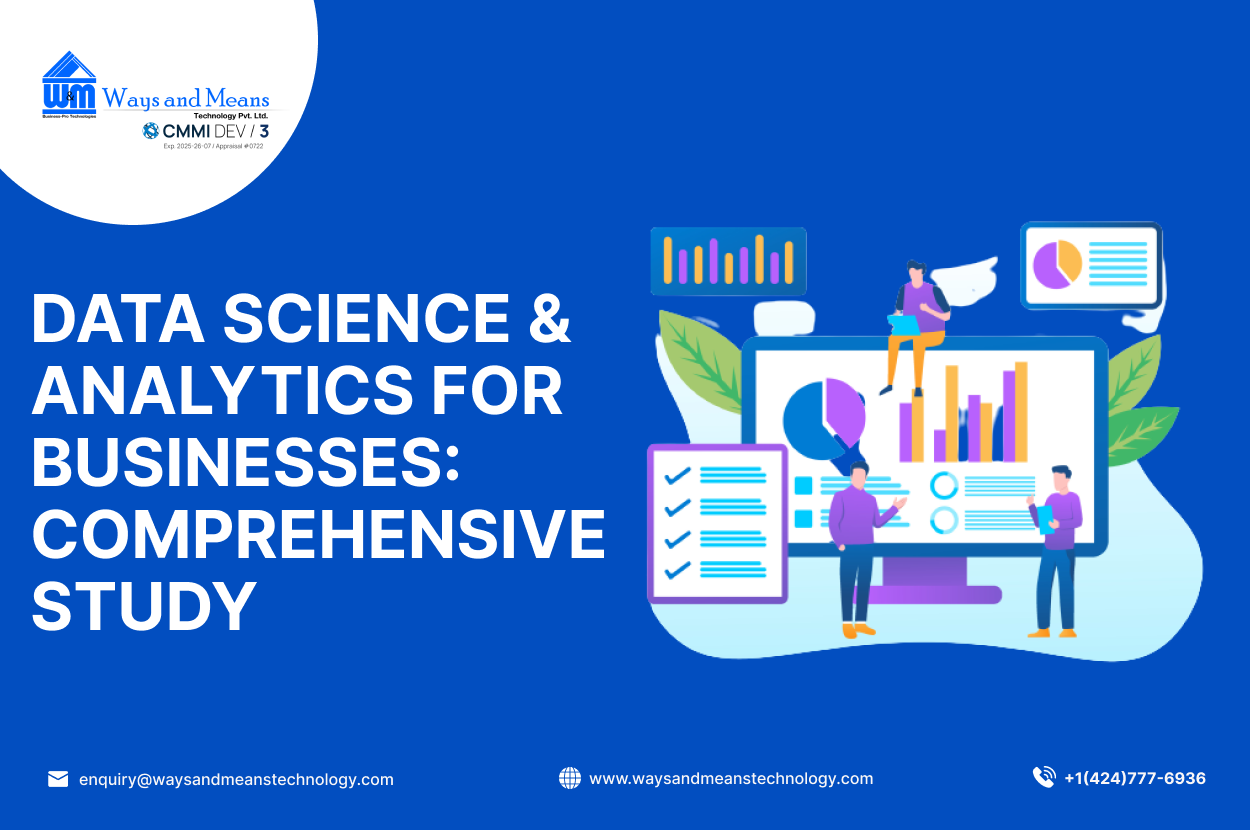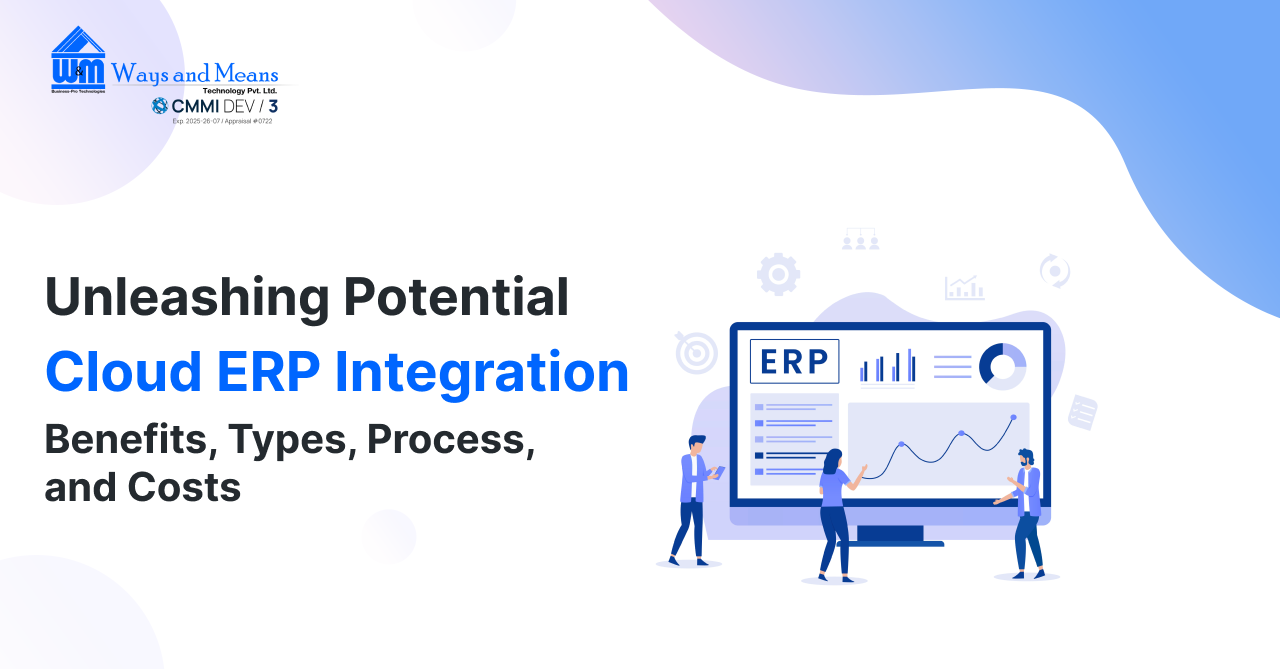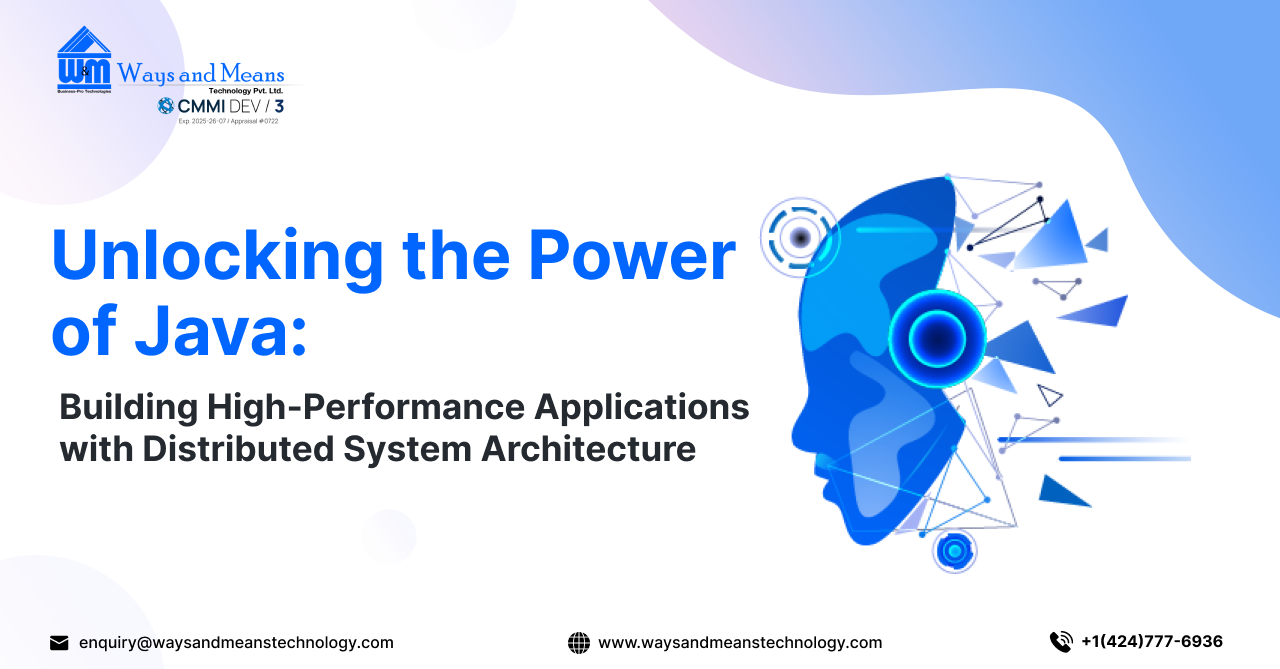Key Takeaways
- Industries require technology for data exchange, enabling public and private investing and M&A opportunities.
- Industrial companies invest in technology for asset management that digitizes and automates physical assets.
- Insurance tech advancements could drive the next fintech.
- Healthcare providers seek solutions for improved productivity and patient outcomes.
- Digital infrastructure will evolve to support the growing need for massive data management.
- Enterprise resource planning and human resources are seeing trends in artificial intelligence, cloud, and security.
Interoperability, or the ability of software platforms to communicate and share data, is the next technological innovation frontier. Tech companies are connecting disparate data to provide seamless experiences and expanding their customer bases. Morgan Stanley’s investment bankers recently highlighted five key themes in this field at the Technology, Media, and Telecom Conference in Barcelona, pointing to investment opportunities. According to Lauren Ares, a Morgan Stanley banker specializing in B2B information services and data analytics, the data and software industry is in the early stages of a multi-decade development, with businesses competing to become top market leaders, and investors seeking potential opportunities.
Industrial Companies: Early Stages of Digital Connectivity
The use of systems that manage physical assets and connect various parts of the value chain is just starting among industrial companies in the automotive, energy, and construction sectors. Such solutions present numerous efficiency opportunities, such as pipeline safety notifications that assign workers to address issues automatically, and overview of all physical assets for energy companies. For car manufacturers, these technologies might automate paint reordering once supply runs low to maintain production levels. Bjoern Crombach, a Morgan Stanley banker specializing in industrial software, stated that industrial firms demand software that assists them in managing their day-to-day business stages. Private companies are offering various solutions that attract the interest of large public companies seeking acquisitions.
Insurtech: The Next Fintech?
While technology for industrial companies is still in its early stages of development, the insurance sector’s technology (known as “insurtech”) has been growing for five years, and compared to industrials, it has reached further stages of development, according to Ares. A significant number of insurtech businesses have emerged with considerable revenue growth and profitability, which has attracted investors who are interested in whether insurtech could be the next fintech. Insurtech technology involves data analysis, IoT, and AI, and its goal is to improve cost savings and efficiency in evaluating risks, processing claims, and underwriting policies. With the widespread adoption of open banking and payment apps in the past decade, fintech has demonstrated the value of networks that connect and manage different sources and forms of data, which Ares describes as “an incredibly sticky proposition for any industry.” Companies that offer customized technology solutions in verticals such as insurance are wagering that their apps and online platforms will gain popularity, much like they did in consumer banking and financial services.
Healthcare Technology for the Continuum of Care
The healthcare industry has been slow to adopt technology, presenting opportunities to improve patient outcomes and accessibility while addressing caregiver labor shortages and rising costs. To achieve complete data sharing between doctors and care facilities, technology must be integrated throughout the care continuum, allowing doctors and patients to easily and securely access privacy-compliant data across locations. Shifting chronic patients from emergency care to preventative care can also be achieved with healthcare technology such as continuous glucose monitoring for diabetics, AI-backed symptom checkers, gamified patient engagement apps, and chatbots for psychological support. As a result of high demand for healthcare technology, companies are acquiring businesses offering healthcare software and digital health tools through cross-border M&A, which can be more cost-effective than developing solutions in-house, particularly for European companies seeking to expand their geographic market share.
Trends in Digital Infrastructure
The demand for digital infrastructure, such as fiber, data centers, and mobile towers, is rapidly increasing due to exponential growth in data consumption by both businesses and consumers. Consequently, this growth has fueled high levels of mergers and acquisitions (M&A) activity and valuations, with investors being more comfortable with the potential for future growth. However, the current macroeconomic environment presents challenges to the asset class, with investors scrutinizing the impact of inflation, power prices, and the risk of recession. Additionally, market participants are looking for new opportunities for capital deployment, such as investments in tier 2 cities, edge computing, and other asset classes that have been highly predictable and economically resilient.
Cloud and AI for Resource Planning and HR
Leila Harestani, a Morgan Stanley banker specializing in enterprise resource planning (ERP) and human resources (HR) technology, said that companies in various industries are turning to technology to streamline internal functions. One of the most significant trends in ERP is cloud deployment, which is hosted on vendors’ servers and accessed through a web browser, making it more cost-effective than the alternative on-premises software installed locally. Vendors must address security risks associated with sensitive data access and potential data theft by malicious actors. Artificial intelligence (AI) is another crucial theme, particularly in identifying and learning from data patterns for forecasting and modelling, supply chain tracking, and customer service.
In HR, AI is beneficial for recruitment, onboarding, and employee engagement, while blockchain technology is being explored for enhanced data security through encryption. Private start-ups lead the way in offering advanced ERP and HR capabilities, prompting interest from larger companies and private equity firms in mergers and acquisitions. “Innovative and advanced technology solutions are coming from start-ups, and existing players in the market may look to acquire them,” Harestani said
Looking Ahead
Investors are closely watching companies that facilitate the exchange of data across value chains in various sectors, such as industrials, insurance, healthcare, digital infrastructure, and enterprise resource planning, as emerging technology enables this connectivity. With high demand for these solutions, larger companies and private equity firms are actively seeking acquisitions to expand their market share within industry verticals.
